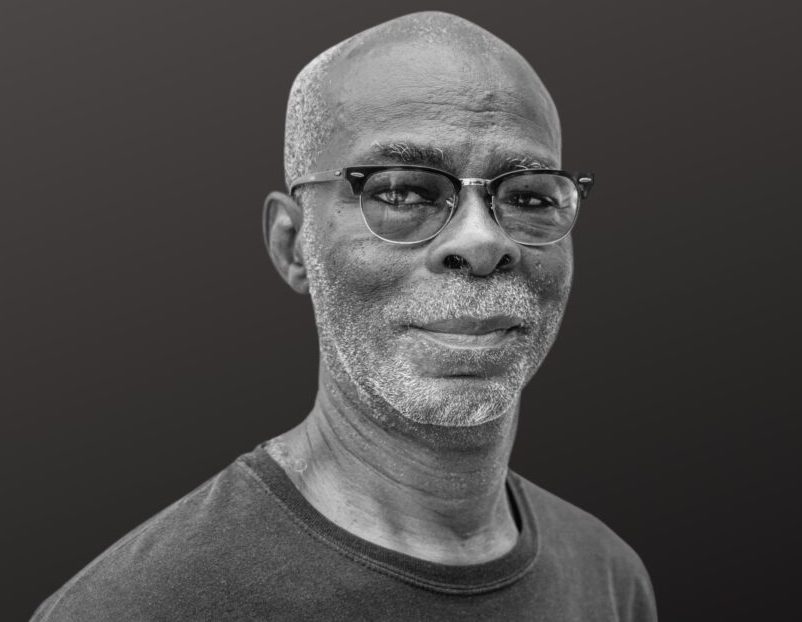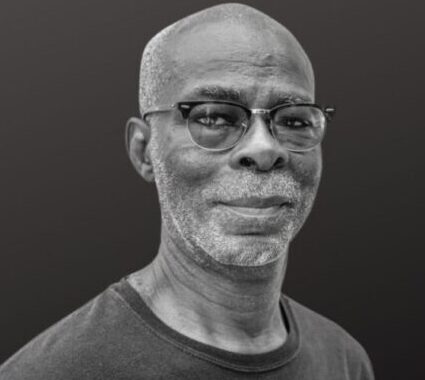
Wishes, glitches, citizens and subsidies
Gen. Muhammadu Buhari devoted several years of his life to the pursuit of his project to become the head of state of Nigeria for a second time. As I write today, there is no discernible evidence of what he wanted to do when he achieved it. In the end he did achieve it and, in doing so dispelled all the campaign marketing about his discipline and principled stance against corruption. In truth, his campaign was eventually successful because he partnered with the perceived epitome of Nigerian state capture. That partner, Bola Tinubu has in turn had his wish granted and is now the president of Nigeria.
An unsettling number of my friends argue that Tinubu is just what Nigeria needs; that he is a proven administrator and he is the de facto president; therefore, we should support him. After all, they point out, his success is our success. To be sure, this point of view has a seductive allure for the opportunist in each of us, allowing for the assumption that his measure of success coincides with ours. However, the process that led to his declaration as president is riddled with unresolved issues and ignoring them leaves this argument with a decidedly machiavellian tilt. I am not so naive as to be unaware that a lack of principle in politics and business is in the ascendancy in much of the world today. But we must decide if we wish to continue down that road as we try to rebuild our nation.
I am personally reconciled to a Tinubu presidency and a second Sanwo-Olu term as governor of Lagos. I think that it is the price we have to pay for surrendering our communal responsibility as citizens. When we were told by a government official who had public funds in his custody that a snake had eaten millions of naira, what was our national response? We laughed. When incriminating revelations were being made at a national assembly hearing and the committee chairman infamously said ‘… off your mic …’, how did we respond? We laughed. The list of our acceptance of unacceptable behavior goes on and on, and so long as we continue to accept it, it will continue to happen. I am sure that when a politician, government official, dare I say a judge or election commissioner is faced with the opportunity to enrich themselves illegally, they must ask themselves what the likelihood is that they will be found out. And if found out, will there be a consequence? So long as the answer to each of these questions remains that it is unlikely there will be real consequence, restraint on bad behavior is left to the ‘still small voice’ in the potential offender. Laughter cannot continue to be the sum total of our response. In times like these, when societal restraints have collapsed, the people must assert their citizenship or they will inevitably suffer the consequence of corruption.
What could we have done, or should we do now as citizens? I certainly do not advocate taking to the streets. The APC government has already shown that it is not shy about using the lethal force of the military to subdue the electorate when it feels threatened. It has also used thugs at the ballot box with a subservient police force whose spokesperson in Lagos said that election eve threats were jokes. Jokes whose bloody punchline played out on election day in violence which the police, to my knowledge, have so far been silent about. The calculus is constant: first deny to evade detection, then ignore public outrage on the assumption that the moment will pass and be forgotten; ‘Them go taya.’ This is the key! We must not taya! Whoever our leaders turn out to be, we must remain involved citizens and stretch our attention span to extend the news cycle beyond the limit that it can be comfortably ignored.
Our ‘glitch’-bedeviled election, like any negative experience, can have an empowering or debilitating effect on the nation. We can either be cowed and remain subjects acquiescent to a brutish ruling elite or be galvanized into active citizenship. The decision is ours. This electoral debacle may yet prove healthy for our civic development. As the announced winners of the election swing into action, I wonder, have we not lived through the playbook of new administrations enough times not to still be bamboozled by shiny objects? Might we not do ourselves some good by returning to first principles and asking each other if an election that reflects the will of the majority of the people is or is not a prerequisite to the so-called dividends of democracy? The Election Petition Tribunal will eventually produce its findings and those findings will be published for all of us to see. If its finding or the verdict of the Supreme Court stretch credulity, will our collective response once again be to laugh or shrug in resignation that this is the Nigerian way? Will we excitedly forward rumors about visa bans by the United States who cannot censure two breathtakingly corrupt members of their own Supreme Court? Or will we perhaps be moved to demand of our respective representatives that they get answers in our name or, forfeit our support. This suggestion, I know, smacks of naiveté because it is an electoral system that produces our local representatives. Perhaps our proximity to the actors at this level, may enable us to make some impact.
PETROL SUBSIDY
In a ‘bold step’ the president announced the removal of the subsidy. It had to be done,we are told, ‘whoever won the election would have had to do it. The current president showed courage by announcing it on his first day. The Nigerian people will have to deal with the reality that they have enjoyed the subsidy benefits for too long. We can no longer afford the cost of the subsidy and anyway, the government is going to apply the savings elsewhere. In the meanwhile, government is thinking of some palliative measures to ease the people’s pain’. I even heard a recent cabinet level appointee, in something of a Marie Antoinette moment, on TV say that “Nigerians are going to have to make some sacrifices. If you had five cars before, you might only be able to afford three now”. I find palliatives an interesting idea for a government to be thinking about weeks after the bold announcement and disruptions that resulted from it. P alliative is defined as something designed to ‘relieve the symptoms without dealing with the cause of the condition’. Let us think about an alternative that, in this circumstance, might really have been bold.
If I understand the crux of the subsidy scam correctly, it is not the relatively low pump price for the Nigerian consumer. It is in fact the fraudulent invoicing for product importation and illegal exportation of about half of the refined product that is intended for use in the country. If this is the case, a bold move, would be to squarely address the criminal behavior that is responsible for the huge sums of money lost to this monumental theft. The architects of the ‘bold’ subsidy removal know the truth of this much better than I. They are also far better versed in these matters than I, and they have the entire machinery of state at their disposal. Yet it seems their first action to address the issue is to burden the consumer. They either lack the boldness to defang the perpetrators, or they are, or were themselves beneficiaries of the scam. Either way, they are now asking us to trust them to utilize the funds that accrue from this painful exercise in a judicious manner for the greater good of the nation. In order to do that, I would have to ask myself if I am only naive or also lacking in common sense.
So yes, according to the scheme that gave birth to the APC, it is Bola Tinubu’s turn to be president, and no, I do not trust his government. Granted, they are more charming, intelligent and capable than their predecessors. But a leadership endowed with a modicum of honesty, humanity, transparency and financial self-control would not, no, could not have in its political wake, such mind numbing wealth shared between it and its cronies. Certainly not alongside an educational system that is in tatters, a middle-class gasping for breath and an underclass consigned to abject poverty. These however, are the ideal conditions to perpetuate political hegemony over the entire Nation by cunning rulers with political smarts.
P.S.: An excellent inspirational video clip called ‘Greatness is Nigerian’ has been on the internet for the last few months. It showcases the unquestionable variety of stellar Nigerian talent and achievement sweeping across our planet. The commentary, which hits the perfect pitch of pride and encouragement, sounds as if it is the voice of one of the leading lights in Bola Tinubu’s government in Lagos State and most recently the vice president in the federal administration of Muhammadu Buhari. I hope that several young people see it and are inspired by it as I am. It did not escape my notice however, that ninety nine percent of the achievement highlighted in the video was in spite of rather than because of Nigerian political leadership.


